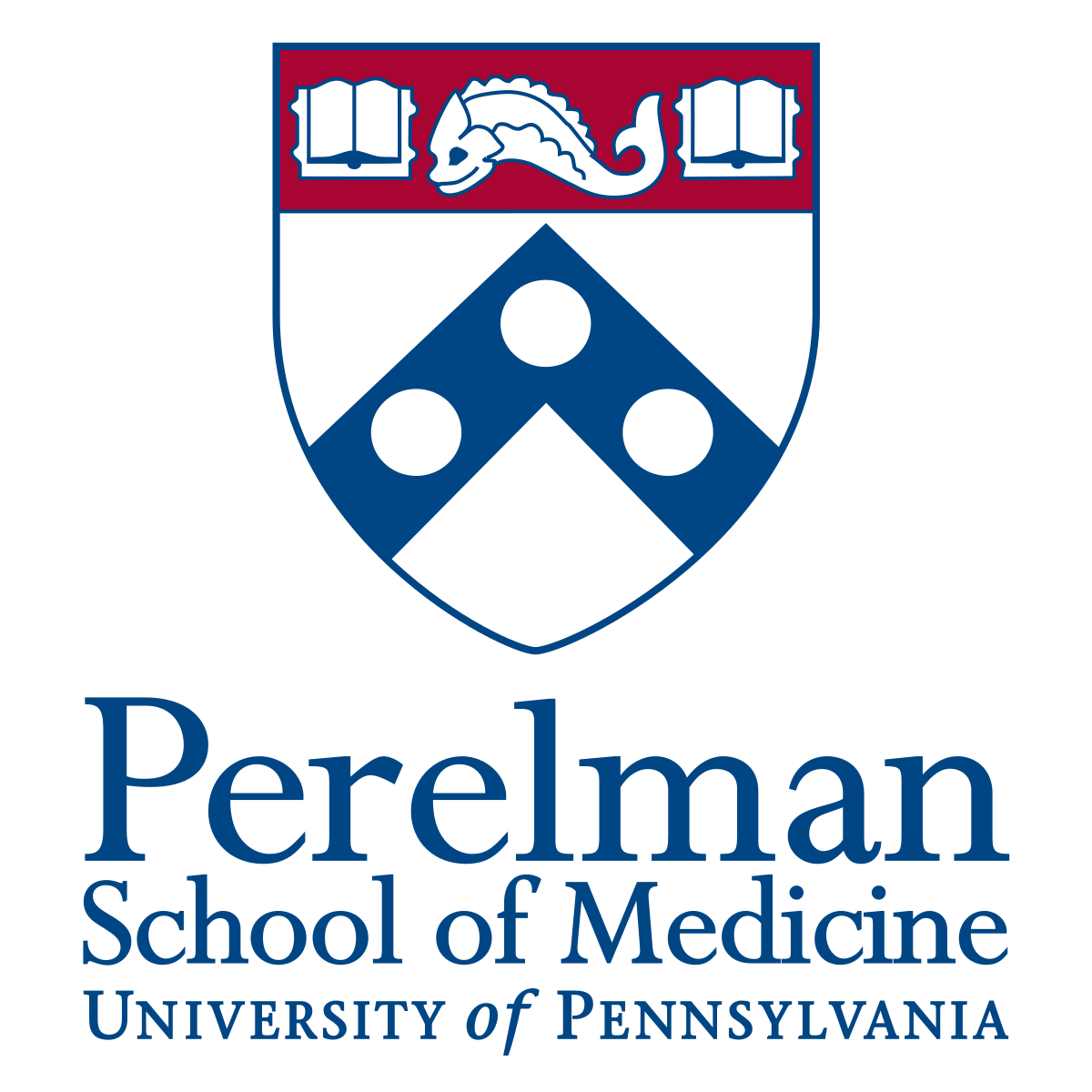What is COVID-19: Information on the Novel Coronavirus
Coronaviruses are a family of viruses named after their crown-like structure that can cause a variety of infections, ranging from the common cold to MERS (Middle East Respiratory Syndrome) and SARS (Severe Acute Respiratory Syndrome). This novel coronavirus, named COVID-19 (or SARS-CoV-2) by the WHO in February 2020, first emerged in Wuhan, China in December 2019 and has since caused a pandemic outbreak of respiratory illness throughout the globe.
It is thought to spread from person to person, particularly from within close contact (about 6 feet or 1.8 meters), though it is known to be able to live on some surfaces for up to several days. When an infected individual coughs, sneezes, or touches surfaces with contaminated hands, infected droplets have the ability to spread if these particles are inhaled or touched and transferred to your body by touching your eyes, nose, or mouth.
Symptoms
Symptoms of COVID-19 are very similar to other respiratory ailments like colds and influenza, though there are differences. They may develop within 14 days of exposure (based on the incubation period of MERS-CoV viruses) and include but are not limited to:
- Fever
- Cough
- Shortness of breath
Reported illnesses have ranged from mild to severe symptoms and death affecting a wide age-demographic, though older populations and individuals with existing health conditions such as cardiovascular disease, diabetes, chronic respiratory disease, or cancer are at higher risk. There are also reports of confirmed cases where patients were initially asymptomatic.
If you have respiratory or flu-like symptoms, please call your doctor’s office ahead of time. Depending on the severity of your symptoms, they may provide special instructions or – if appropriate – connect you with Penn Medicine’s 24/7 online care practice, Penn Medicine OnDemand, for a virtual visit.
For very severe symptoms such as trouble breathing, call 911 or visit your nearest emergency room.
Prevention
Because of the novelty of the virus, there is currently no definitive treatment or vaccine, though researchers are in the process of developing them. The best way to avoid infection and slow down transmission is to be well-informed and avoid those who have the virus. Taking these steps can help prevent the spread of infection and keep you prepared:
- Practice social distancing: avoid crowds and gatherings and maintain a distance of at least 6 ft between yourself and other individuals. You should remain at home except for when seeking medical care or shopping for essentials and avoid contact with other people until health care officials announce that it is safe to resume your regular activities
- Do not travel while symptomatic and avoid public transportation
- Avoid touching your face, eyes, nose, and mouth with unwashed hands
- Wash hands frequently and thoroughly with soap and warm water for at least 20 seconds. Use alcohol-based hand sanitizer if soap and water are not available
- Cough or sneeze into a tissue or flexed elbow, then throw tissue in the trash and wash your hands
- Do not share food, drinks, utensils or other personal items
- Clean and disinfect surfaces/objects regularly, especially those that are frequently touched (doorknobs, light switches, counters, faucets, phones, computers, etc.)
- Have enough household items, groceries, medications, and other essentials on hand so that you will be prepared to stay at home for a period of time and can avoid making frequent trips out
- Stay informed and follow the advice given by healthcare providers/officials
Seeking Treatment
COVID-19 is currently diagnosed with a swab that is taken from the back of the nose or throat and sent to a laboratory for testing. If you have flu or cold symptoms and suspect it may be coronavirus, call your provider’s office or the urgent care center before going in for care. Penn Medicine has in-house, send-out, and drive-thru testing for patients suspected of the COVID-19 infection.
If you are a Penn Medicine patient and are looking to determine whether testing is appropriate for you, please contact your health care provider directly or contact Penn Medicine OnDemand for a virtual visit. If you are not a Penn Medicine patient, you call Penn Medicine’s coronavirus hotline at 267-785-8585.
Additional Information on the Coronavirus
You can get more answers to frequently asked questions about the coronavirus, including how it is diagnosed, who is at risk, and more, by visiting the following:
For the most up-to-date news and information about the coronavirus, the CDC and the WHO offer additional helpful facts and tips, including guidance about possible symptoms and prevention. Learn more on the following websites:
